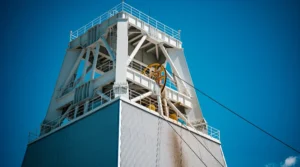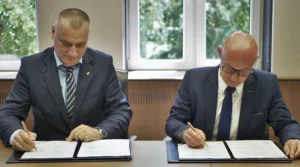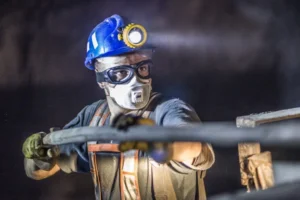What goes on in Poland on the 14th of May.
Coronavirus can increase the costs of energy transition
The Permanent Representation of the Republic of Poland to the EU and the National Center for Emissions Balancing and Management (KOBIZE) organized an expert video conference, which aimed to exchange views on the challenges of transformation towards climate neutrality and the impact of the COVID-19 pandemic on the EU climate and energy policy.
The Permanent Representative of the Republic of Poland to the EU Andrzej Sadoś emphasized that the challenges facing Poland and the European Union are unprecedented. They will require not only significant investments, but also actions with serious consequences for many sectors. The ambassador referred to the current economic and social situation caused by the COVID-19 crisis, while stressing that the scale of the challenges means that the implementation of transformation challenges will be even more difficult than could be expected.
NCBR will support the development of renewable energy in transport
The National Center for Research and Development (NCBR) has announced a new Fast Track competition, under which PLN 200 million will be allocated to technologies that use Renewable Energy Sources (RES) in public transport. The details of the competition could be heard during the PSPA and KPMG Poland webinar „RES in Transport”, organized on May 13, 2020.
Przemysław Szywacz, partner in the KPMG tax advisory department in Poland and Marcin Mańkowski, manager in the additional advisory department, innovation team, KPMG rebates and subsidies in Poland, presented the assumptions and conditions for applying for funding. The new electromobility support instrument is strictly technological in nature and assumes the innovative use of renewable energy in transport. NCBR indicates that thanks to European Funds Polish companies and scientific units will have the chance to create innovative solutions in three research areas: liquid fuels, gaseous fuels and electromobility.








